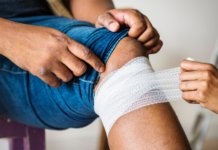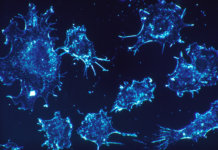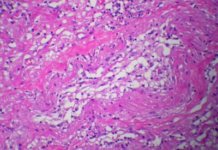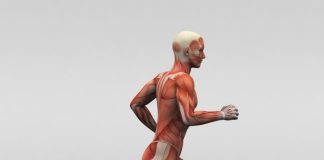
Stress and premature aging: is our social environment to blame?
We all know the inconveniences caused by a stressful social environment: discomfort, fatigue, loss of appetite… What if the stress goes even further? This is what a study published in Aging Cell this year[1] suggests. Alessandro Bartolomucci’s team from the University of Minnesota shows that mice subjected to aggression by other mice throughout their lives live shorter lives. Moreover, they observe that they suffer more from cardiovascular diseases.
Dominant or subordinate mice: when stress impacts longevity
Social stress is easily definable in humans, but how can it be reproduced in mice? And how can you be sure to maintain it at all times? How can we measure only its own effects? To answer these questions, researchers use mice from the same family in an ingenious device. The mice are introduced into the habitat of other mice, which are unknown to them, thus creating tensions between individuals. Although separated by a grid, they are in direct contact for 10 minutes each day. The researchers then count the number of attacks perpetrated and suffered by their mice of interest. They identify different behaviours in their mice: those that suffer numerous attacks from resident mice and those that, on the contrary, attack residents without being attacked in return. The former are described as subordinate, subject to strong social stress, and the latter as dominant, not subject to it.
By comparing these two groups, they notice a striking difference. The longevity and probability of survival from a certain age is lower in dominated mice. But why?
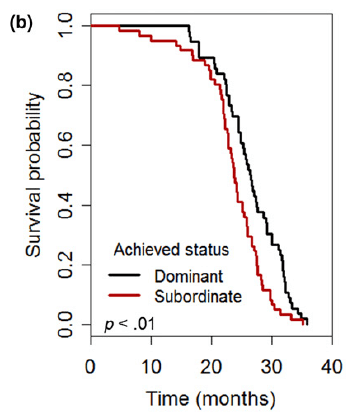
Aging faster and in poorer health due to stress
Researchers were curious to elucidate the characteristics of this premature aging and are studying the health status of their mice. First of all, they noticed that dominated mice have higher blood glucose levels and grow larger with the same diet.
This phenomenon was also accompanied by a premature onset of lesions due to age on most of their organs, compared to dominant mice. The liver and the spleen were the most affected and the authors were interested in the senescence of the cells in these organs. By studying specific genes of this mechanism, he was able to come to the conclusion that senescence was indeed the probable cause of liver and spleen dysfunction. This discovery implies that stress would induce significant senescence, causing premature aging in mice.
The list doesn’t end there! Researchers also observed that dominated mice develop atherosclerosis when they are still young. This phenomenon, characterized by thickening and loss of elasticity of the arteries, is normally associated with advanced age. It is caused by fat deposits on the artery walls and can result in artery rupture. According to this study, stress can therefore be linked to weight gain but also to increased cardiovascular risk.
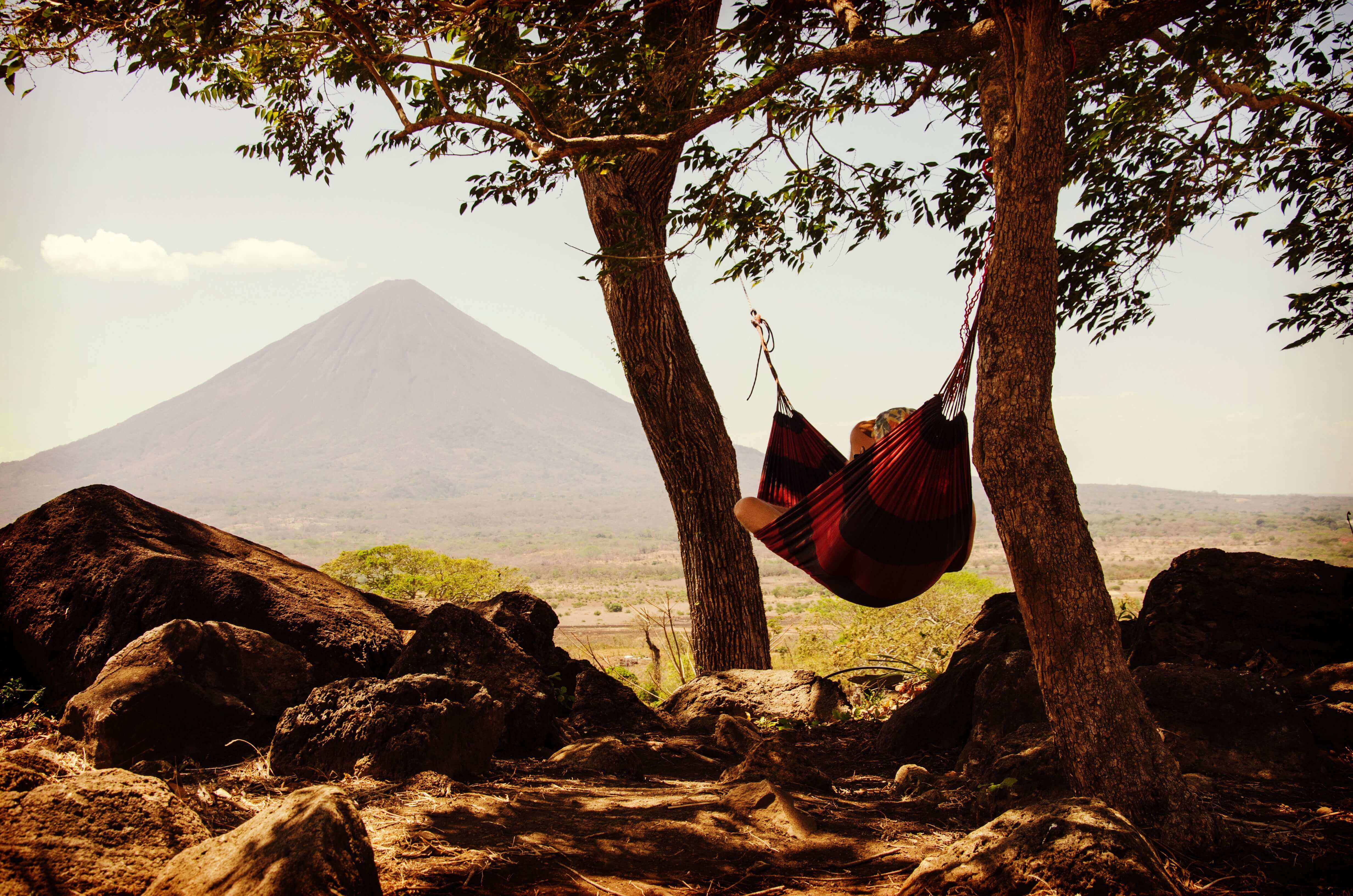
Thus, social stress in mice would lead to accelerated aging of the organs and cardiovascular system, all associated with poor health. These results seem to show one thing: taking time for oneself and relaxing on a daily basis may not only be a luxury, it could also be a tool to live better and longer.
References:
[1] Razzoli M, Nyuyki‐Dufe K, Gurney A, et al. Social stress shortens lifespan in mice. Aging Cell. 2018;17:e12778. https://doi.org/10.1111/acel.12778
Baptiste Tesson

Author
Auteur
Baptiste is studying biology at the École Normale Supérieure de Lyon and bioengineering at the École Polytechnique Fédérale de Lausanne. He worked on the optimization of Cas9 as a tool for genome editing and on the emergence of blood stem cells in the zebrafish. He currently works on the patterning of the muscles, also in the zebrafish. He plans on doing a PhD in developmental biology.
More about the Long Long Life team
Baptiste étudie la biologie à l’École Normale Supérieure de Lyon et la bioingénierie à l’École Polytechnique Fédérale de Lausanne. Il a travaillé sur l’optimisation de la protéine Cas9 comme outil de modification de génomes et sur le développement des cellules souches du sang chez le poisson zèbre et travaille actuellement sur la mise en place des muscles chez le même animal. Il projette de réaliser un doctorat axé vers le développement animal.
En savoir plus sur l’équipe de Long Long Life



![[Video] Eurosymposium on Healthy Ageing, Brussels, 2018 Eurosymposium on Healthy Aging](http://www.longlonglife.org/wp-content/uploads/2019/07/P1310252-218x150.jpg)



